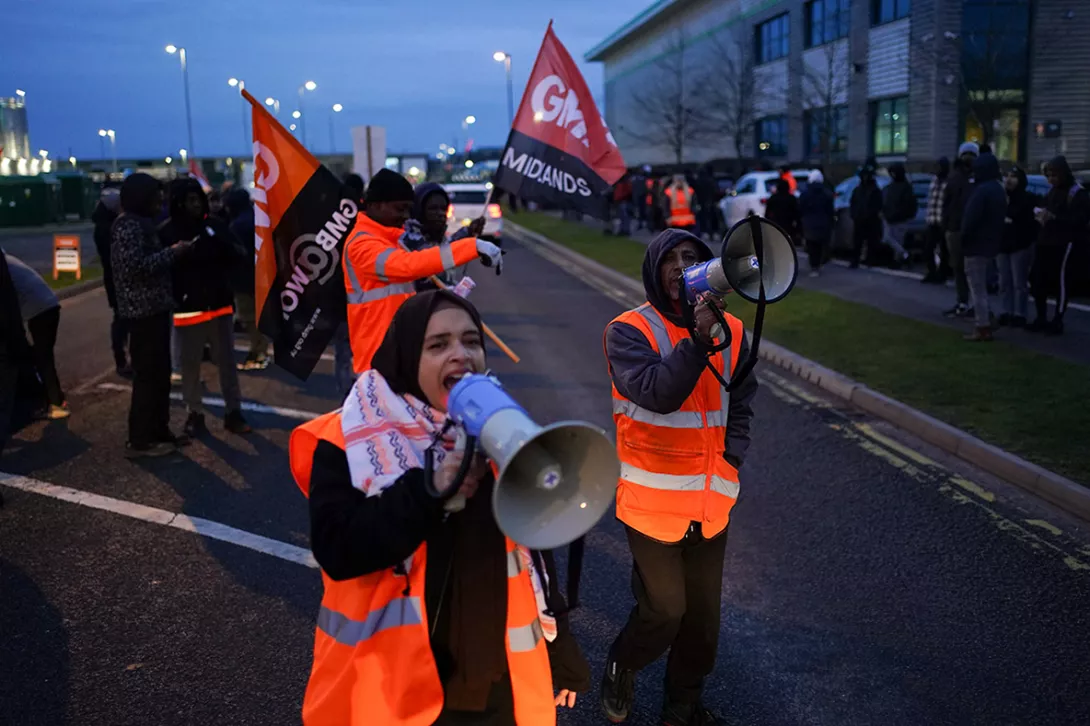‘The fact the staff had no access to hot water was illegal, let alone immoral’
During Heart Unions Week the TUC has been celebrating the solidarity and power of the trade union movement – and showcasing some of the success stories that show workers united can win
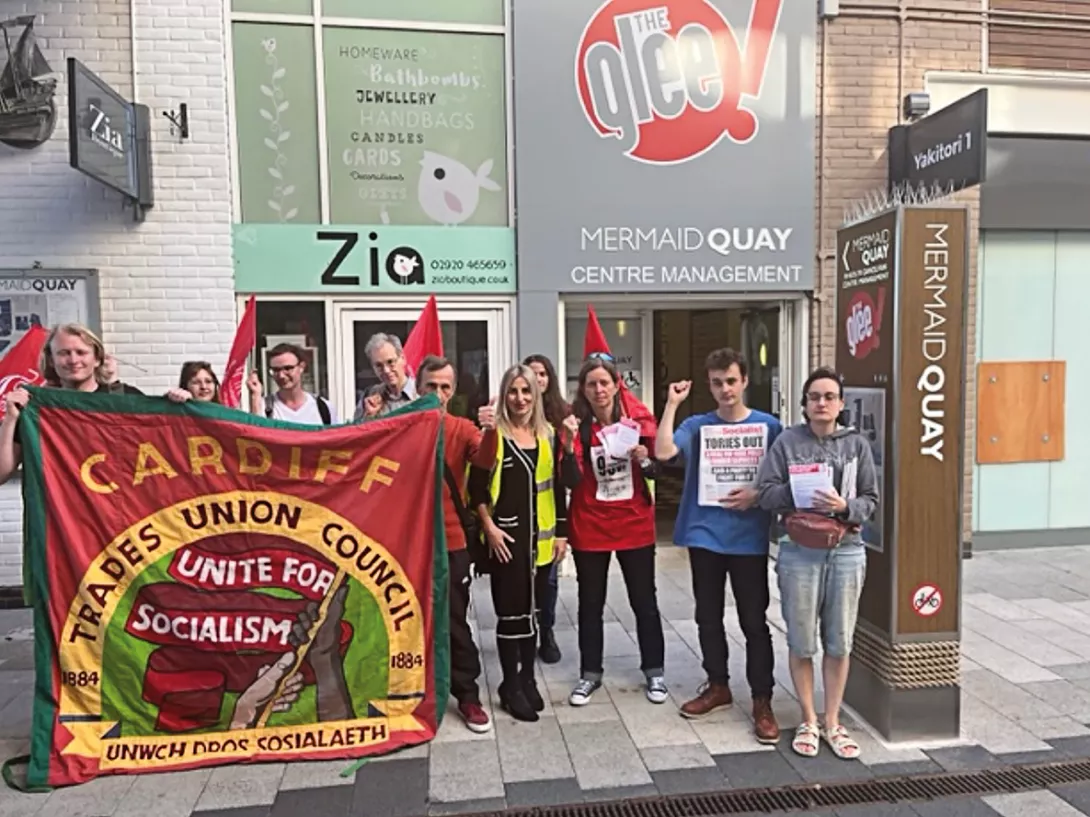
The fight for recognition at Glee Club, Cardiff
In July 2023, following a long and hard-fought campaign, Unite the union secured union recognition at the world-famous Glee Club in Cardiff, Wales. This agreement represents the first of its kind within the Welsh hospitality sector and means that the 35 employees at the venue will be covered by a collective agreement.
The TUC caught up with Michela Gilroy, an industrial officer with Unite, who took us through each stage of the campaign, the ups and the downs along the way and the lessons learnt in this historic victory.
Making the first approach
The popular Glee Club in Cardiff opened its doors in 2001 and has played host to some of the finest names in comedy for over 20 years, but all was not well behind the scenes.
More from this author

ROS SITWELL reports from a conference held in light of the closure of the Gender Identity and Development Service for children and young people, which explored what went wrong at the service and the evidence base for care
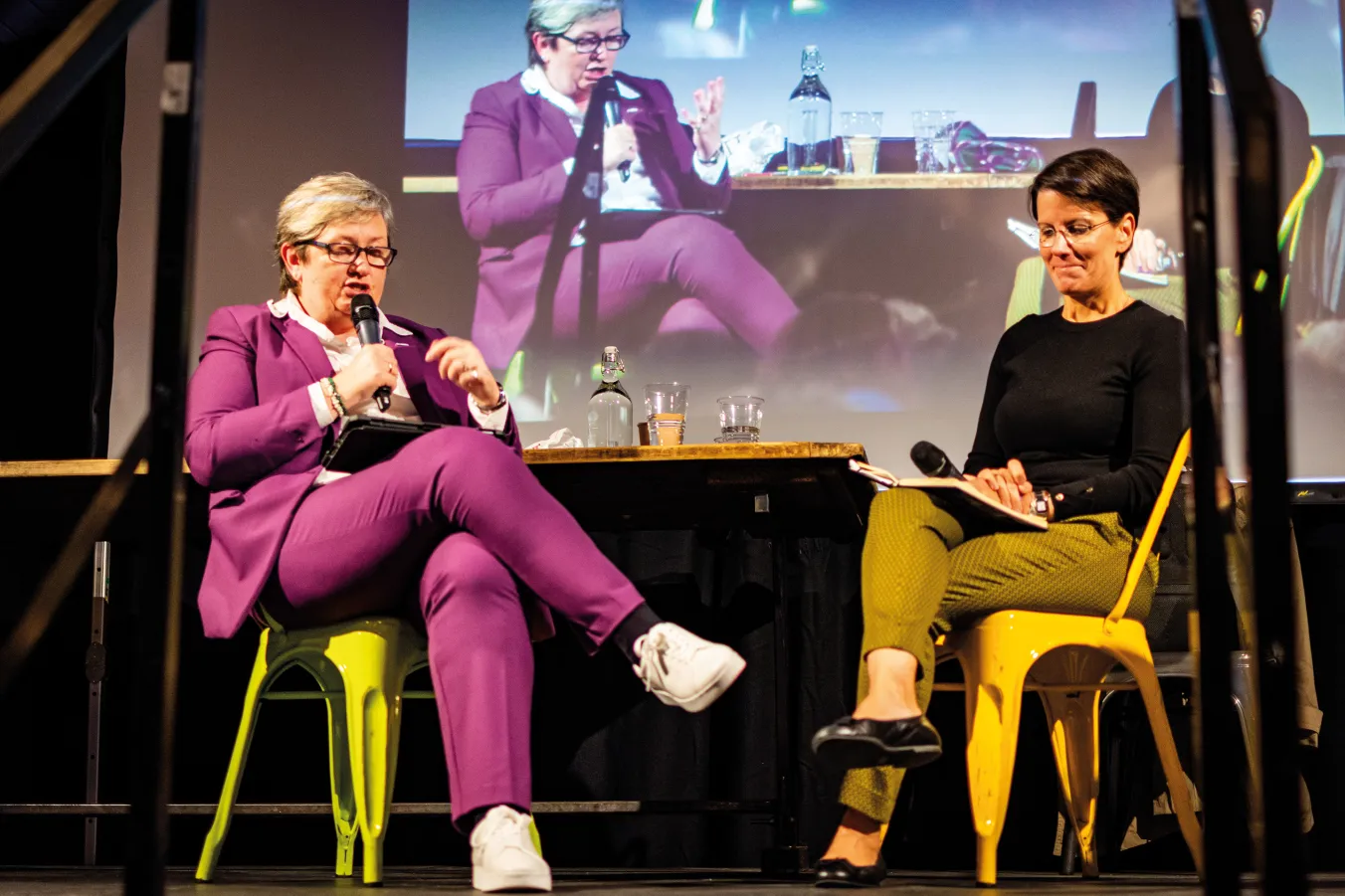
ROS SITWELL reports from the three-day FiLiA conference in Glasgow
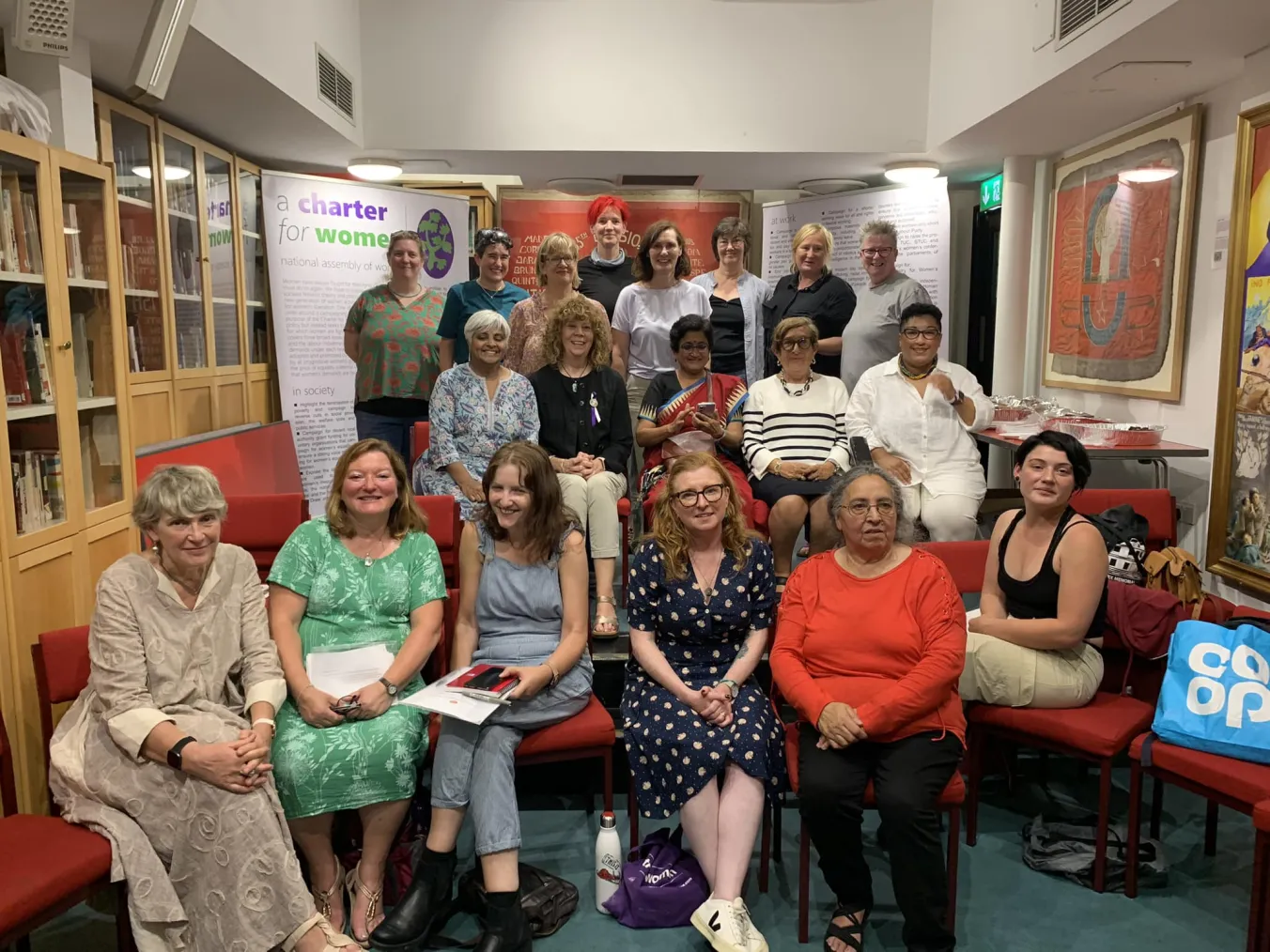
ROS SITWELL reports on a communist-initiated event aimed at building unity amid a revived women’s movement
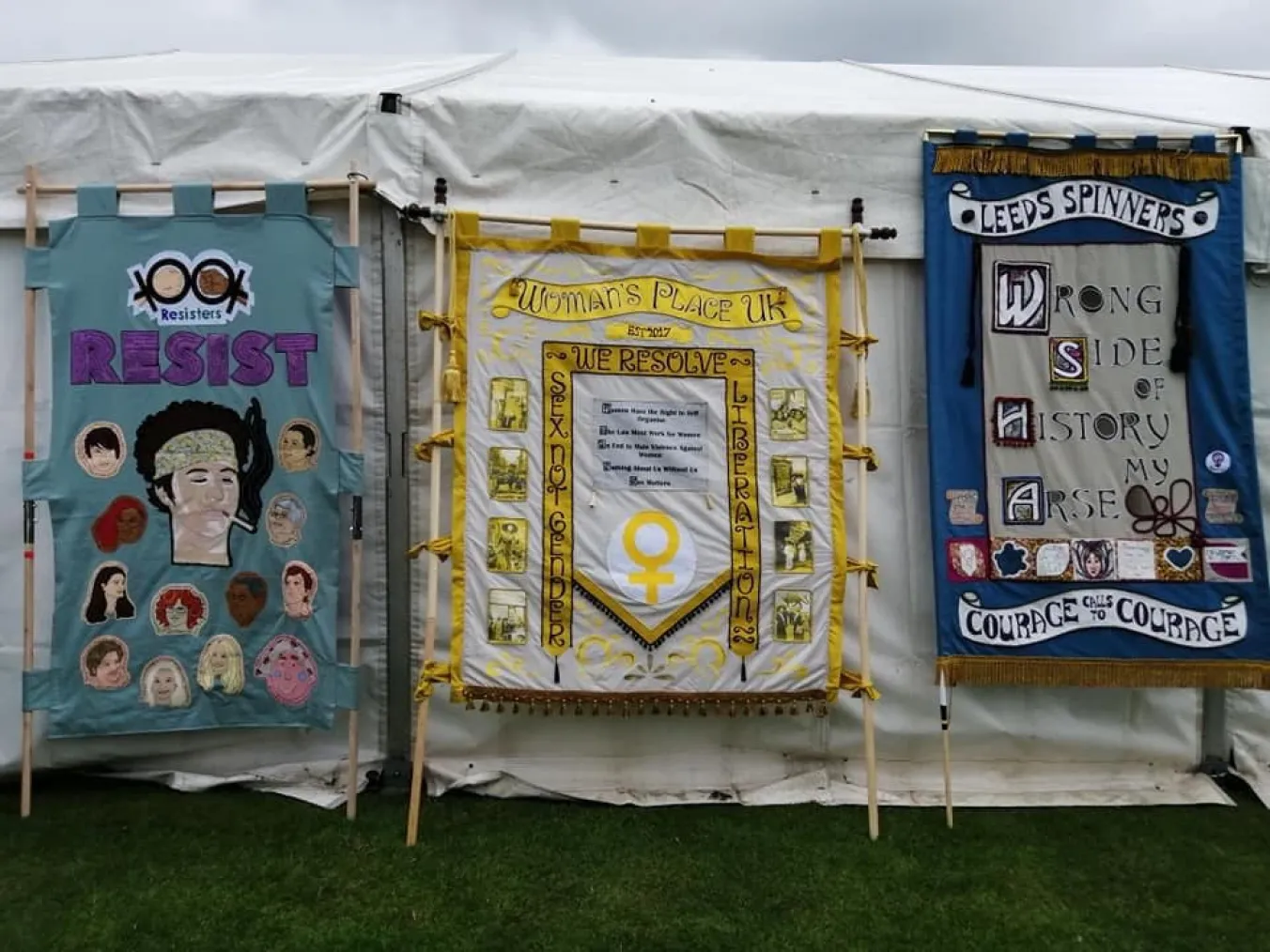
London conference hears women speak out on the consequences of self-ID in sport
Similar stories
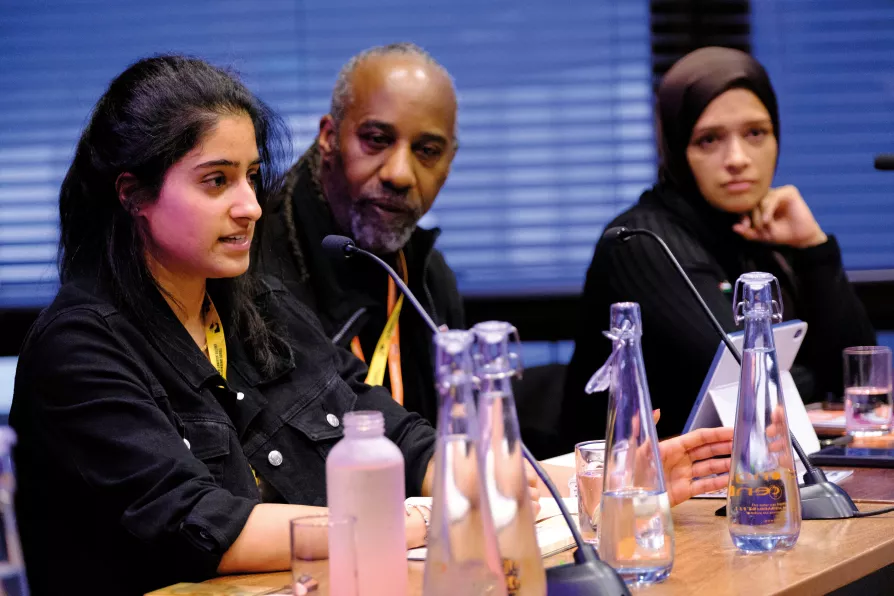
Morning Star editor Ben Chacko reports on an event detailing GMB's campaign to unionise the Coventry warehouse addressed by regional organiser FERDOUSARA UDDIN and Amazon worker LOUVEZA IQBAL

Labour’s long-awaited Employment Rights Bill does not do nearly enough to remove the restraints on trade unions or to give them the powers they need to make a significant difference to the lives of the millions of workers, write KEITH EWING and Lord JOHN HENDY KC
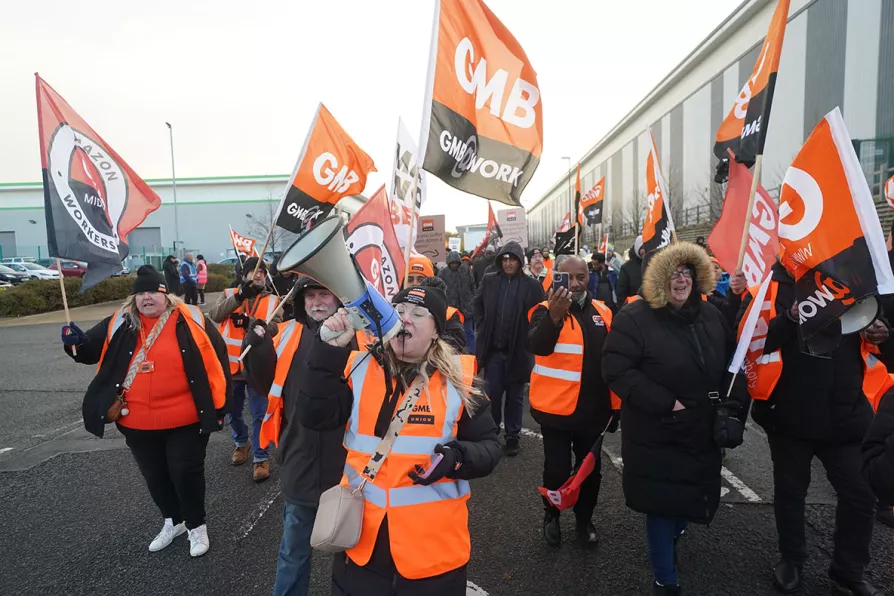
Amazon's union-busting exposes statutory union recognition as ‘not fit for purpose’










